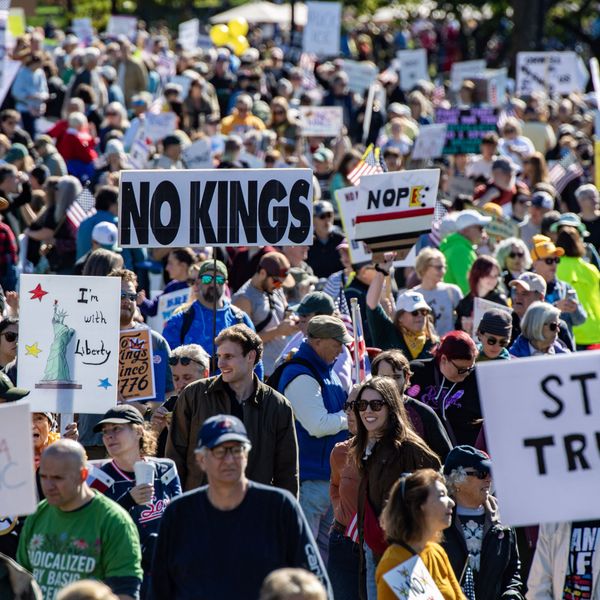"I responded in what I thought was the most truthful, or least untruthful manner, by saying no."
-- James Clapper, Director of National Intelligence in an interview with NBC's Andrea Mitchell
The question: is the lesser offender (Lesser) or the greater offender (Greater) the greater offender? It depends on one's perspective. If the listener relies on spokesmen for the Greater (aka the government) then it is clear that the Lesser is the greater, if not indeed, the only offender. If one considers the Constitution and listens to the non-governmental commentators, the answer is less clear. It becomes even less clear when in its rush to condemn the Lesser, the Greater has been forced to acknowledge that it has lied and misrepresented things to those whom it governs. The Greater uses bluster and strong words to convince the listener that all virtue is found in its corner and none in the corner of the Lesser.
The Greater is not content to rail against its citizens who question its motives. They rail against foreign powers that fail to recognize the evils the Greater sees in the Lesser and threaten to jeopardize relations with those powers if they fail to accept the Greater's demands with respect to Edward Snowden. Edward Snowden is, of course, the man who has forced the United States government to come clean about its activities that invade the privacy of citizen and non-citizen alike. And Mr. Snowden has not only forced the United States government to admit that it has lied to its people, it has caused the government to make blustery pronouncements to foreign countries. His actions have generated millions of words of commentary about the government's actions.
In his daily briefing on June 24, White House Press Secretary, Jay Carney, expressed the administration's outrage that China had not arrested Mr. Snowden after he had been formally charged by the United States with three felonies. Mr. Carney said that letting Mr. Snowden leave China for Moscow would have "a negative impact on the U.S. China relationship." Mr. Carney failed to comment on the fact that Mr. Snowden's disclosures have had a negative impact on the relationship many U.S. citizens have with their government. On June 17, 2013, President Obama told Charlie Rose that the cyber-hacking of U.S. companies and government agencies by China that was disclosed in a report early in 2013, could lead to a deterioration of relations between the two powers. He said that the Chinese understand "this can adversely affect the fundamentals of the US-China relationship." Those comments were made before the South China Morning Post reported that Snowden said the NSA has hacked major telecommunication companies in China, attacked network backbones at Tsinghua University and hacked computers at the Hong Kong headquarters of Pacnet.
Thanks to Mr. Snowden we now know that the National Security Agency has lied to the Congress and to the American people about its surveillance activities. We might have learned about it many years ago but for the law that prohibits those who know the government may be breaking the law from telling the people they represent that their government is breaking the law. As The Guardian reported, for at least two years Senators Mark Udall and Ron Wyden have been publicly stating that the U.S. government is relying on "secret legal interpretations" to claim surveillance powers that are so broad that Americans would be "stunned" were they to learn of them. Since the violations of law were classified the Senators could not let their constituents know what they are. In a letter to Attorney General Eric Holder 2012 they said: "We believe that most Americans would be stunned to learn the details of how these secret court opinions [Foreign Intelligence Surveillance Court] have interpreted section 215 of the Patriot Act. As we see it, there is now a significant gap between what most Americans think the law allows and what the government secretly claims the law allows."
In a letter to Gen. Keith Alexander, the head of the National Security Agency, Sen. Udall accused the agency of providing false information in a fact sheet it gave members of Congress about its spying programs. The letter says the fact sheet has "significant inaccuracies." Mr. Udall could not say what part of the fact sheet is inaccurate since that would "divulge classified information." However, Mr. Udall says, "In our judgment this inaccuracy is significant, as it portrays protections for American's privacy as being significantly stronger than they actually are. We urge you to correct this statement as soon as possible. (The Fact sheet was pulled by the agency.)
We now know that the NSA is collecting telephone call metadata on millions of Verizon customers. That contradicts Gen. Alexander who told Fox News in 2012 that the agency "does not 'hold data' on U.S. citizens. In a speech at the Reuters Cybersecurity Summit he said: "The great irony is we're the only ones not spying on the American people." It was General Alexander who told Congress that over 50 Terrorist Plots were thwarted thanks to the programs that he and his colleagues said didn't exist. Citizens can decide for themselves whether or not to believe him.
What Senators Udall and Wyden thought citizens should know but could not disclose we now know. Not because of our elected representatives but because of a man now charged as a criminal. Go figure.


